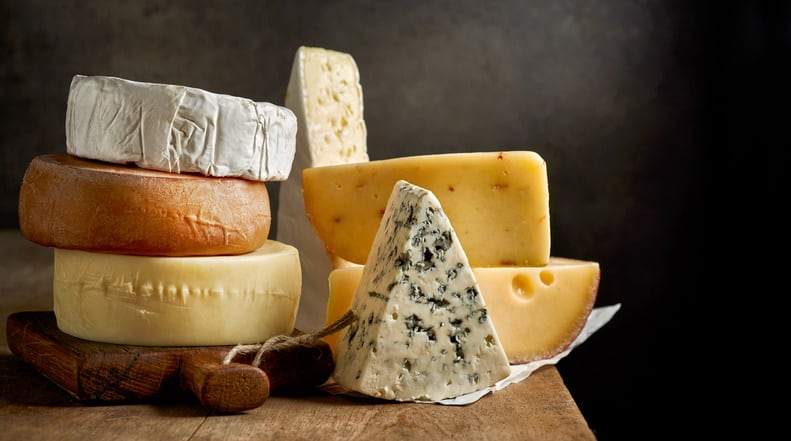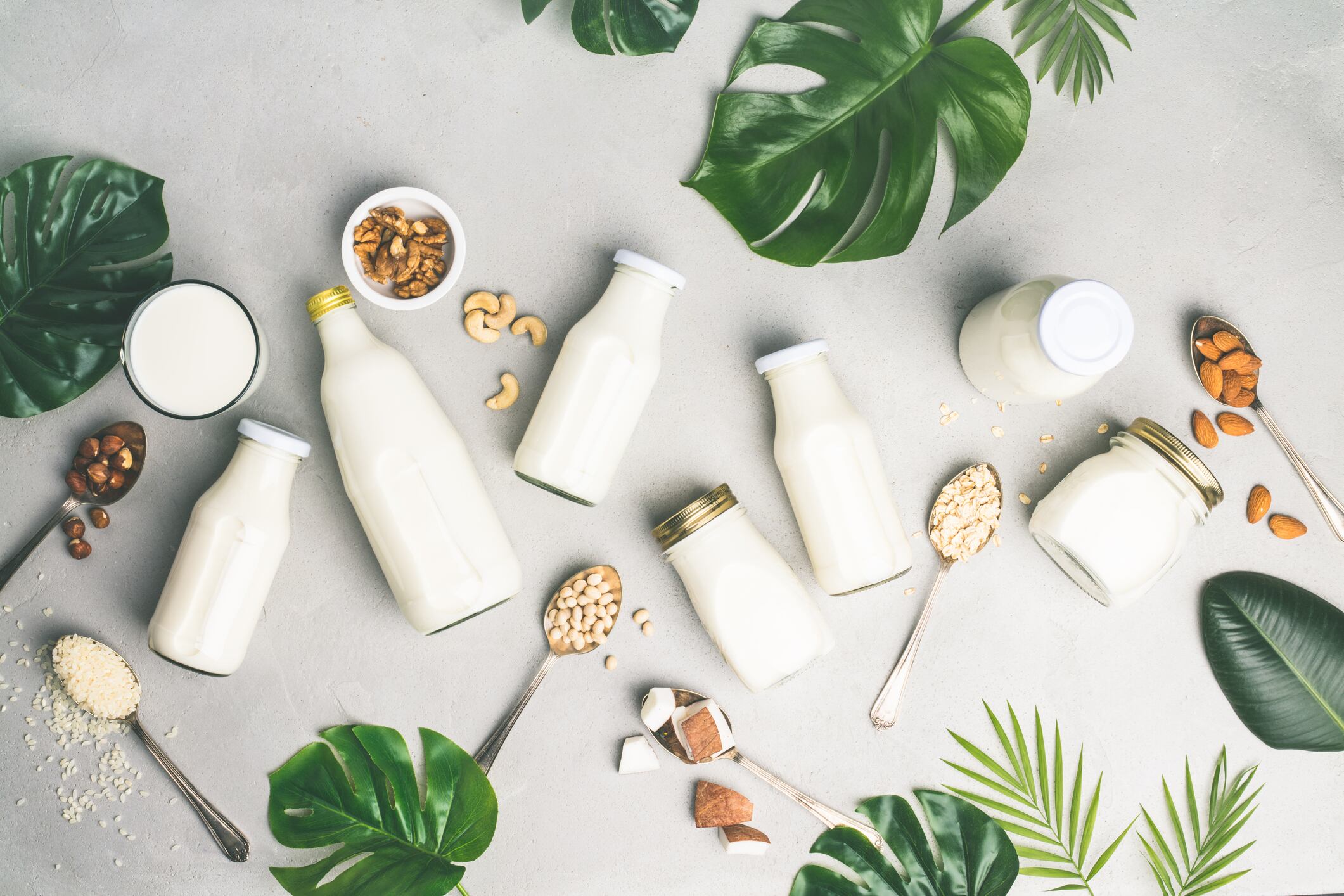Chr. Hansen’s FreshQ range is a line of food cultures that improve the bioprotective effects of fermentation for dairy.
“We utilise traditional fermentation principles to help improve quality and shelf life and reduce waste,” explained Peter Thoeysen, Chr. Hansen’s director of Bioprotection.
In this process, the cultures and fermentation help keep food fresh by 'outcompeting' yeast and mold spoilage for the space and nutrients they require to grow.
It’s been nearly a decade since FreshQ was first introduced and the bioscience company has now unveiled the ‘next generation’ of this product. The updated FreshQ cultures are a ‘game changer’ in terms of their impact on post acidification, the company claimed.
The new cultures have been specifically developed to ‘unlock the benefits of bioprotection’ for a wider variety of producers – those who experience challenged cold chains, long fermentation and in-process holding times.
These are situations where producers ‘typically’ experience negative impact on acidity development and sensory experiences when trying to implement one of the fermentation-enabled bioprotection options available in the market, Thoeysen said… ‘Until now.’
The new FreshQ cultures deliver less post-acidification impact at accelerated temperatures during distribution, or in circumstances involving long holding times or slow cooling. The latest cultures also offer an improved sensory fit compared to other food cultures with bioprotective effects, Chr. Hansen innovators suggested.
Thoeysen told FoodNavigator that the new cultures are the result of a long and robust R&D process: “We have been pursuing this very challenging innovation target for several years. And it was on the map already when we made bioprotection a lighthouse in 2013 and decided to invest heavily into our R&D capabilities in this field.
“In the spring of 2020, a team of our scientists discovered for the first time the main mechanism of bioprotection. Understanding how our FreshQ cultures compete for limited nutrients in fermented dairy products has guided us in our development, all the way from high-throughput screening of thousands of strain candidates, to the design of the production process and culture architecture.”
The food cultures can be applied to a broad range of fermented dairy products, such as yogurt, white cheese and tvorog.
Cutting food waste for a clean, green food system
“For customers looking to trim food waste and produce the best possible products under challenging production and distribution circumstances, this new launch is a game changer,” elaborated Thoeysen.
“Our new generation of FreshQ cultures has been selected to enable resilient, consistent outcomes without undesirable impacts on taste and texture — resulting in optimized shelf life, improved sustainability throughout the value chain, and superior freshness that our customers and their consumers can count on.”
Thoeysen said the innovation demonstrates Chr. Hansen’s commitment to building a more ‘resilient’ food industry – and a more sustainable world.
“We believe that succeeding in this area means holistically re-examining how the global community consumes food and innovating with long-term outcomes in mind. We aim to contribute to lasting resilience at the individual and community levels by supporting the creation of dairy options that support sustainable lifestyles without the need of adding artificial ingredients. This way, consumers can feel great about their decisions as they enjoy the tasty foods they love.”
As well as contributing to the system-wide change needed to develop a more sustainable food system, the new FreshQ cultures help food makers extend shelf life while maintaining a clean label, the bioprotection expert told us.
“Improving quality and consistency with FreshQ cultures and fermentation can help dairy producers satisfy market demand for products made with fewer artificial ingredients. As food cultures are already on the label of fermented dairy products, including FreshQ cultures in the fermentation process does not create a need to lengthen the ingredient list.”




